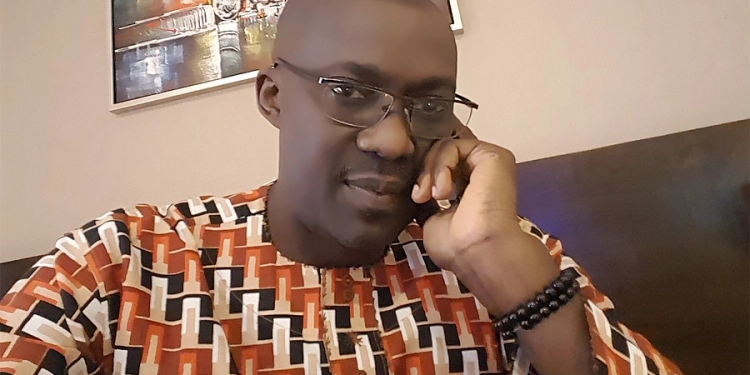By Ganiyu Obaaro
It is an understatement that Nigeria’s economy is hemorrhaging. It is best to say that it is on death row. Virtually every sector of Africa’s largest economy, with over 200 million people, is affected. From production, distribution to consumption, the economy is fatigued, reeling in excruciating pains, as factories scale down on account of weak demand and surging unsold finished goods.
To worsen the situation, reports of a failing manufacturing sector, induced by several challenges, including difficulties in obtaining foreign exchange for production, multiple taxation, high interest rate, infrastructure deficit, poor capital budget outlay by the government, inflation, naira redesign, among several other micro and macro factors are, indeed, worrisome.
The Manufacturers Association of Nigeria, recently said that manufacturers’ warehouses are getting filled with unsold goods.
Specifically, the group said in the last six months, not less than 52 per cent increase has been recorded as unsold goods, thereby unsettling the critical sector of the economy, which is expected to be one of the biggest employers of labour and provider of goods and services.
MAN further lamented that the inventory of unsold goods it carried out totaled N469.66 billion in 2022, as against N385.58 recorded in the same period of 2021.
According to the Director General, Manufacturers Association of Nigeria, MAN, Segun Ajayi Kadir, the sector, already on life support, needs urgent bailout. For him, capacity utilisation in the sector dipped to 54.99 per cent in 2022 from 59 per cent in 2021, whereas, employment fell in the second half of 2022, to 6,741 from 8,508 in the same period. This is especially more troubling when one realises the huge population of Nigerians that are roaming the streets, or are forced to engage in scarce menial jobs or criminal activities like armed robbery, kidnapping, advance fee fraud and other scams, to survive.
It must be noted too that a nation lacking the productive base, but which relies on importation of foreign goods to boost its domestic economy, like in our own clime, is doomed, it is like sitting on a keg of gunpowder waiting to explode. This has dire consequences of social, political and economic dimensions.
In our cities, many firms that were doing well over the last 40 years, have either collapsed, been abandoned or taken over by churches as places of worship or for other mundane uses.
The textile Industries in places like Kaduna, Kano.and Lagos, which used to employ thousands of Nigerians, are lying prostrate or dead. Infact, their workers have long been sent to the already saturated unemployment market, even with its attendant miseries.
The Organised Private Sector, including the National Association of Chambers of Industries, Mines and Agriculture, NACIMA, Small, Medium Enterprises, SMEs, and other players in the critical sector, are troubled daily due to a plethora of challenges facing them.
Findings indicate that the trouble in the sector, which has now given rise to high unsold stock in the warehouses, is legion. From high forex, energy (including diesel, gas, electricity and even petrol) supply crises and costs; to multiple taxation, high interest rate, inflation, poor purchasing power, naira redesign, Russian-Ukranian War, flooding, theft of manufactures and facilities, insecurity, among other factors, the nation’s Gross Domestic Product, GDP, has continued to witness an embarrassing decline.
Today, poverty walks tall in our streets and homes, so much so that the country has been arguably described as the ‘poverty capital’ of the world by the World Bank, coming after India,whose population is 1.2 billion people, as against Nigeria’s 200 million people.
There is the need to lower interest rate to 5 per cent from the current 18 per cent, reduce inflation, forex crisis, fix our roads, hospitals, improve agriculture, fight insecurity, make energy available and affordable, discourage importation to save local production and create jobs for the teeming youth.
As President Muhammadu Buhari hands over power on May 29th to Asiwaju Bola Ahmed Tinubu, President-elect, both of the same All Progressives Congress, APC, Nigerians may heave a sigh of relief, following high expectations the former Lagos State governor would deliver democracy dividend to them.








More Stories
Teenager in viral photo of Obi’s 2023 presidential campaign rally, Alabi Quadri languishes in jail
Ribadu tells families of kidnapped victims not to pay any ransom
Ndume tackles Tinubu over massive borrowings, lists ‘spurious’ items